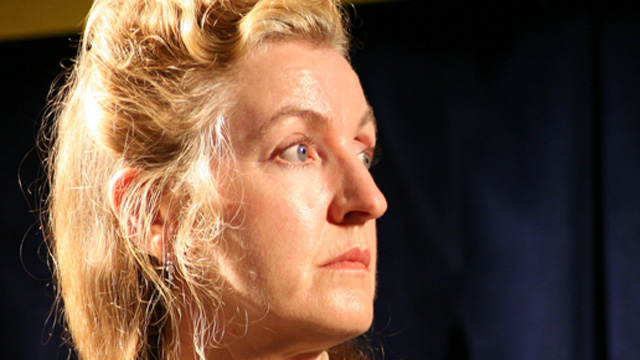In her new book, “The Faraway Nearby,” San Francisco author Rebecca Solnit contemplates the nature of storytelling and empathy. The author of “A Field Guide to Getting Lost” and “Wanderlust” reflects on her mother’s Alzheimer’s, the power of storytelling, and how our stories shape us.
Excerpt from THE FARAWAY NEARBY
By Rebecca Solnit
1. Apricots
What's your story? It's all in the telling. Stories are compasses and architecture; we navigate by them, we build our sanctuaries and our prisons out of them, and to be without a story is to be lost in the vastness of a world that spreads in all directions like arctic tundra or sea ice. To love someone is to put yourself in their place, we say, which is to put yourself in their story, or figure out how to tell yourself their story.
Which means that a place is a story, and stories are geography, and empathy is first of all an act of imagination, a storyteller's art, and then a way of traveling from here to there. What is it like to be the old man silenced by a stroke, the young man facing the executioner, the woman walking across the border, the child on the roller coaster, the person you've only read about, or the one next to you in bed?
We tell ourselves stories in order to live, or to justify taking lives, even our own, by violence or by numbness and the failure to live; tell ourselves stories that save us and stories that are the quicksand in which we thrash and the well in which we drown, stories of justification, of accursedness, of luck and star-crossed love, or versions clad in the cynicism that is at times a very elegant garment. Sometimes the story collapses, and it demands that we recognize we've been lost, or terrible, or ridiculous, or just stuck; sometimes change arrives like an ambulance or a supply drop. Not a few stories are sinking ships, and many of us go down with these ships even when the lifeboats are bobbing all around us.
In The Thousand and One Nights, known in English as The Arabian Nights, Scheherazade tells stories in order to keep the sultan in suspense from night to night so he will not kill her. The backstory is that the sultan caught his queen in the embrace of a slave and decided to sleep with a virgin every night and slay her every morning so that he could not be cuckolded again. Scheherazade volunteered to try to end the massacre and did so by telling him stories that carried over from one night to the next for nights that stretched into years.
